Retired Traffic Lights For Sale – It’s about letting go of something that no longer serves a purpose, while opening the door for something new to take its place. The world of second-hand shopping has also made quality goods more accessible. The focus on longevity and reliability is what sets these goods apart from their mass-market counterparts. Buying second-hand goods has numerous advantages. When a business is put up for sale, it is typically the result of a variety of reasons, each unique to the situation at hand. The rise of minimalism and a desire for unique, vintage items has also played a role in the growing popularity of second-hand goods. On the other hand, buyers may seek to negotiate lower terms based on the findings from their due diligence or their assessment of the business’s future potential. Many quality goods are made by artisans or small businesses who take the time to create products that reflect their expertise and passion. For environmentally conscious consumers, buying second-hand is not just a cost-effective choice, but a way to make a positive contribution to the planet. Second-hand goods for sale are no longer seen as inferior or out-of-date, but rather as a conscious, stylish, and eco-friendly choice. For those on the outside looking in, the idea of acquiring an existing business might seem both enticing and overwhelming. They can assist in determining the right price for the business, marketing it to potential buyers, and managing the negotiation process. This connection between consumers and the creators of quality goods is something that’s been fostered for centuries. These moments remind us that there is more to life than the pursuit of profit, and that not everything can be measured by a price tag. There are those who argue that not everything should be for sale. Beyond financial savings and environmental impact, second-hand goods also offer a sense of nostalgia and connection to the past. On the other hand, traditional industries such as brick-and-mortar retail or manufacturing may face challenges, with many businesses in these sectors looking to sell or transition due to changing market conditions. The idea that everything has a price, and that everything is for sale, may seem like a grim outlook, but it’s one that has become increasingly true. These platforms often provide tools that help streamline the due diligence process, including access to financial documents, business valuations, and other relevant data. It carries the marks of life’s moments: the road trips, the adventures, the daily commutes, the memories of friends and family.
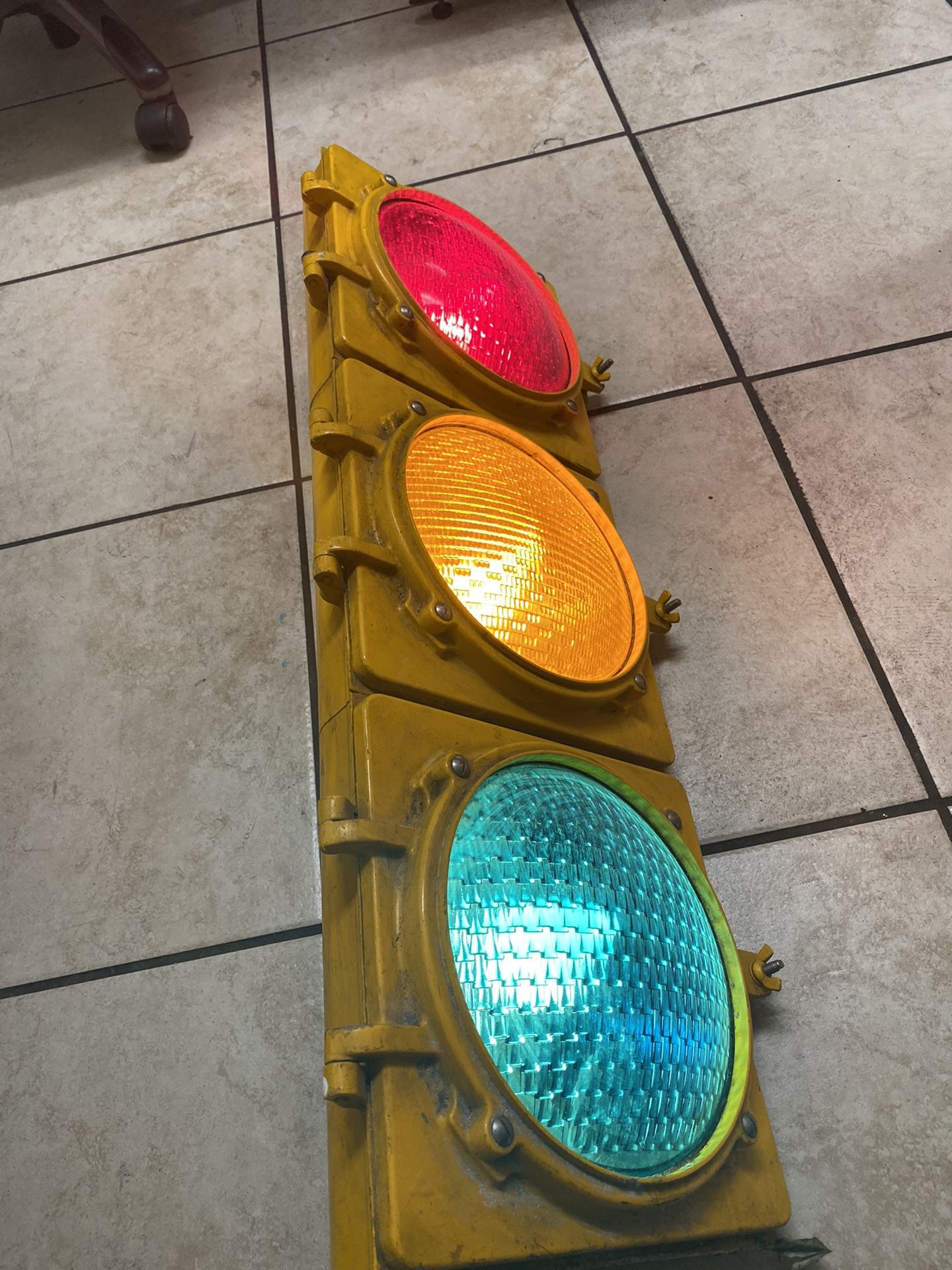
Vintage Traffic Light for Sale in Long Beach, CA OfferUp
Exclusive dealstop ratingspopular dealscompare prices
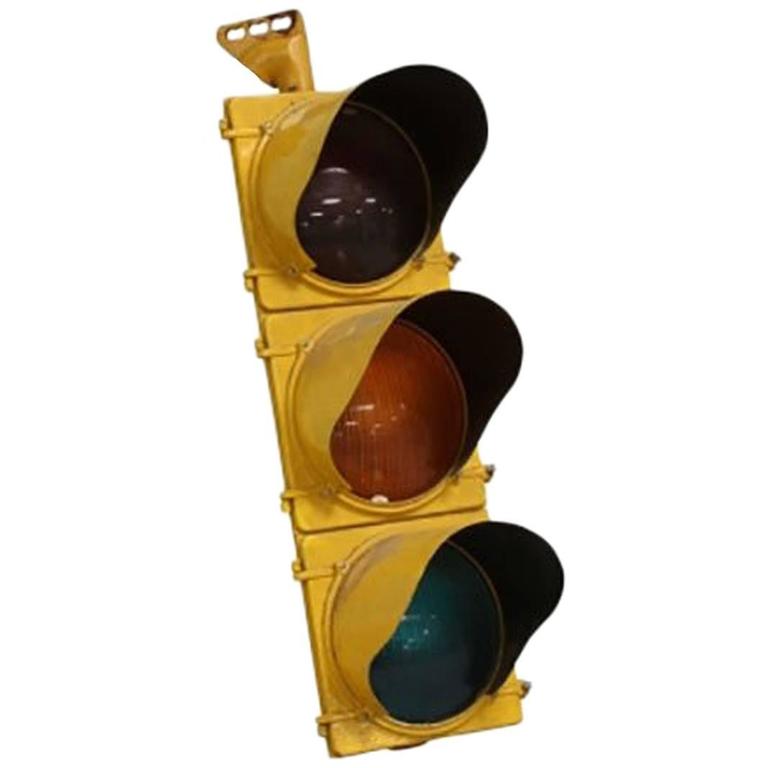
Vintage Yellow Traffic Light at 1stDibs vintage stop light, vintage
Exclusive dealstop ratingspopular dealscompare prices
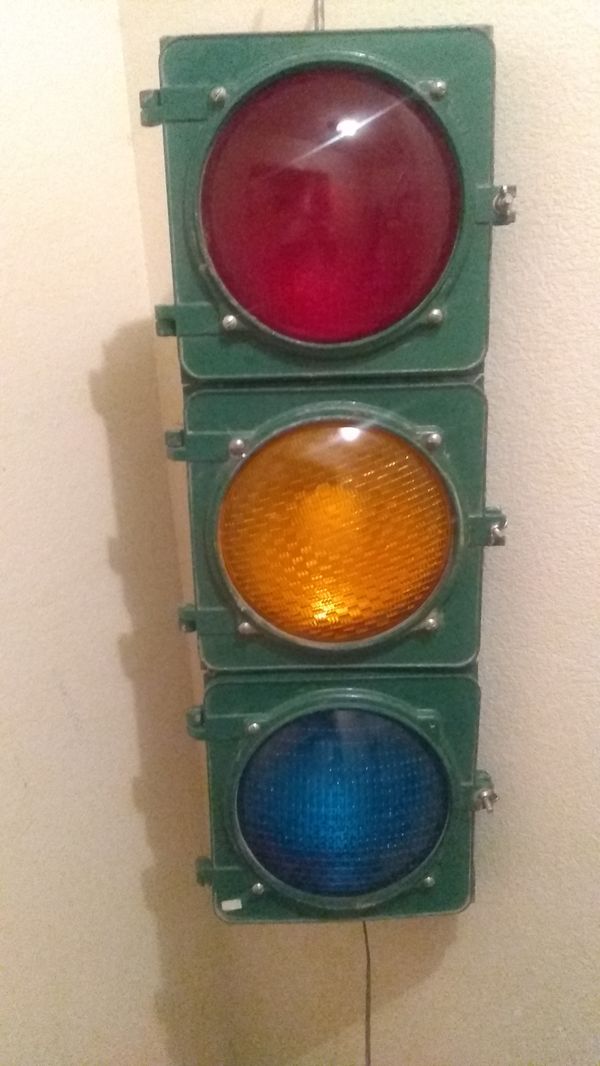
Vintage traffic light for Sale in Las Vegas, NV OfferUp
Exclusive dealstop ratingspopular dealscompare prices
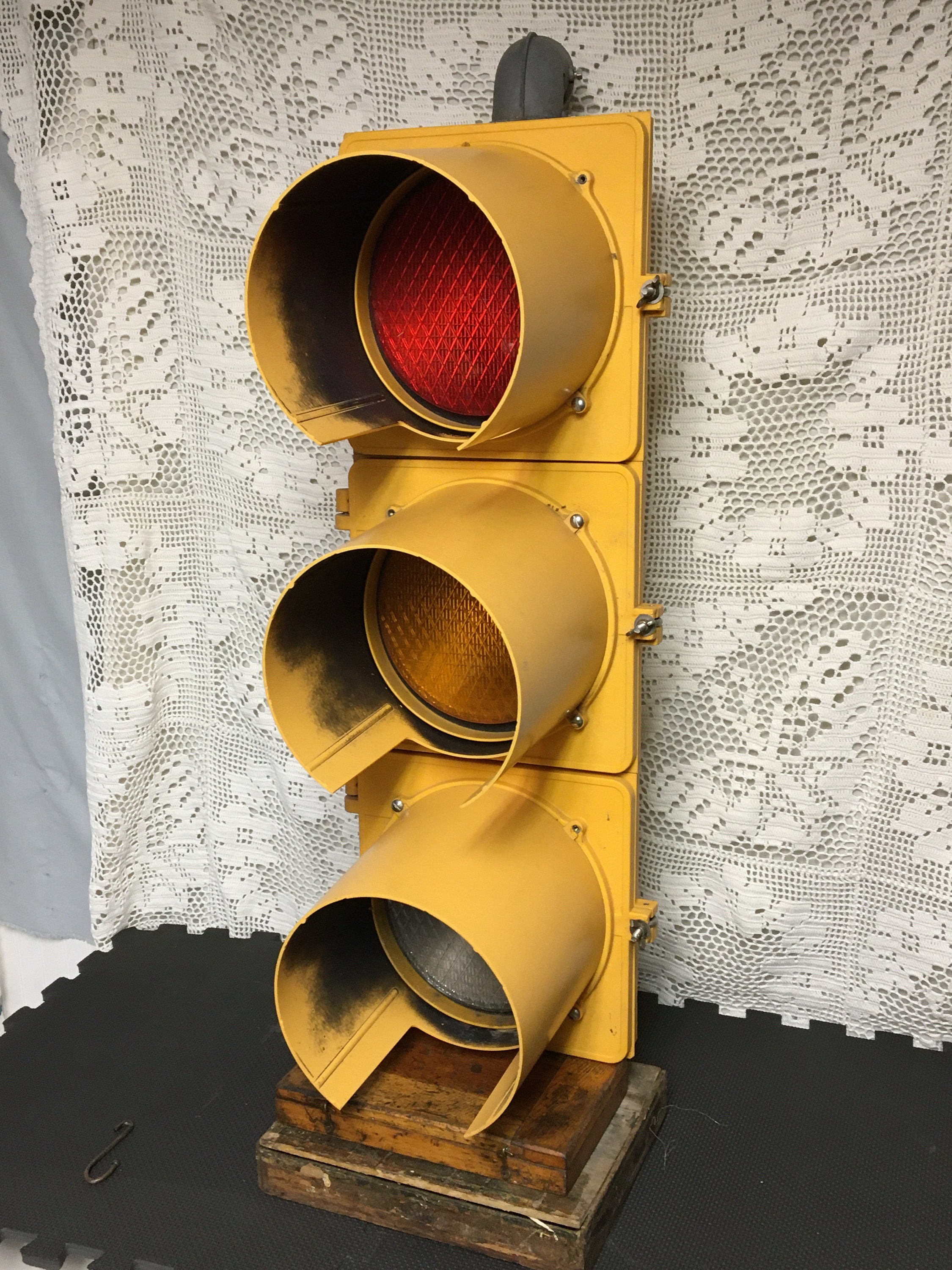
Authentic Retired Traffic Signal Light, Red Light, Green, Yellow
Exclusive dealstop ratingspopular dealscompare prices
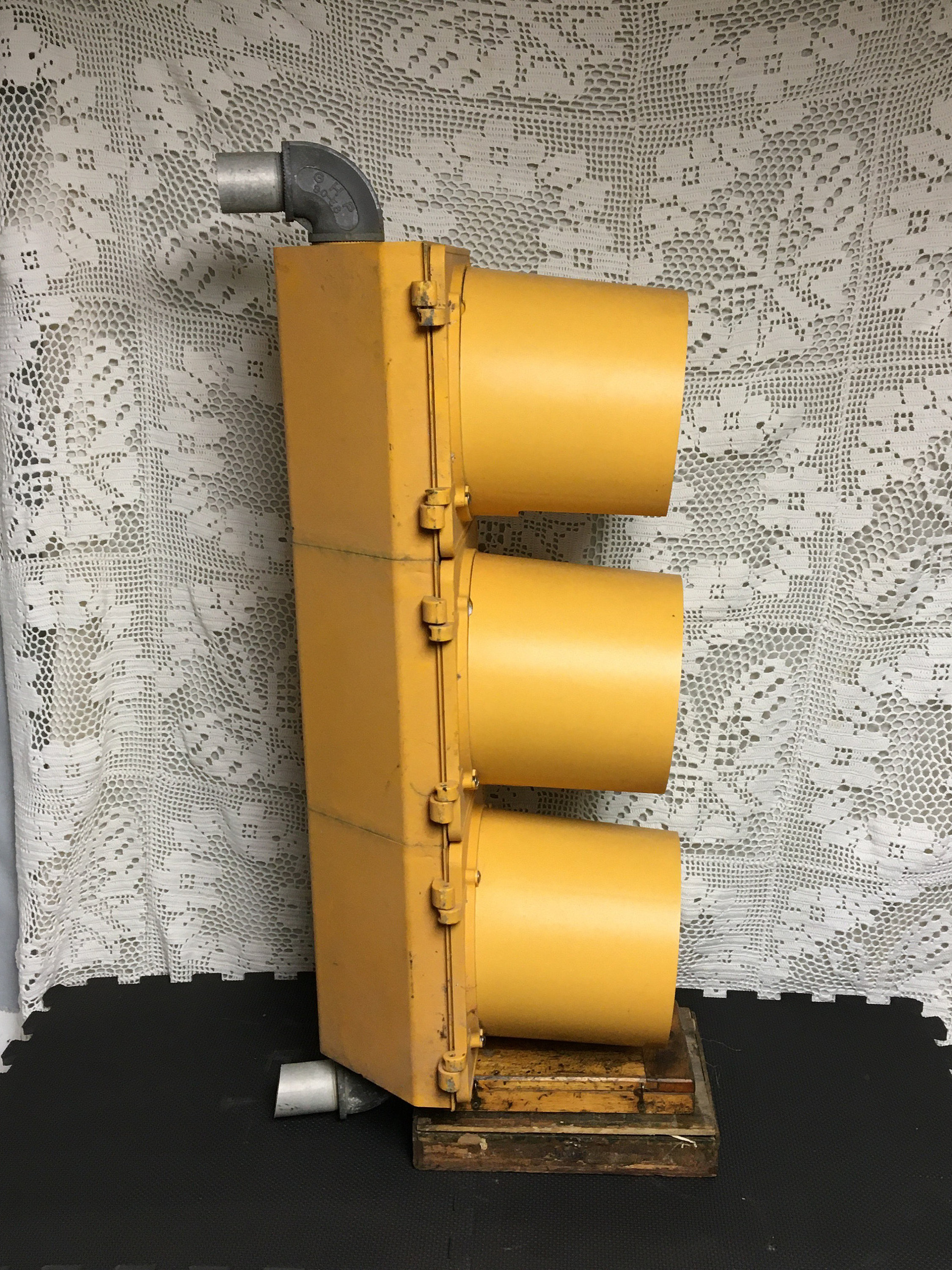
Authentic Retired Traffic Signal Light, Red Light, Green, Yellow
Exclusive dealstop ratingspopular dealscompare prices
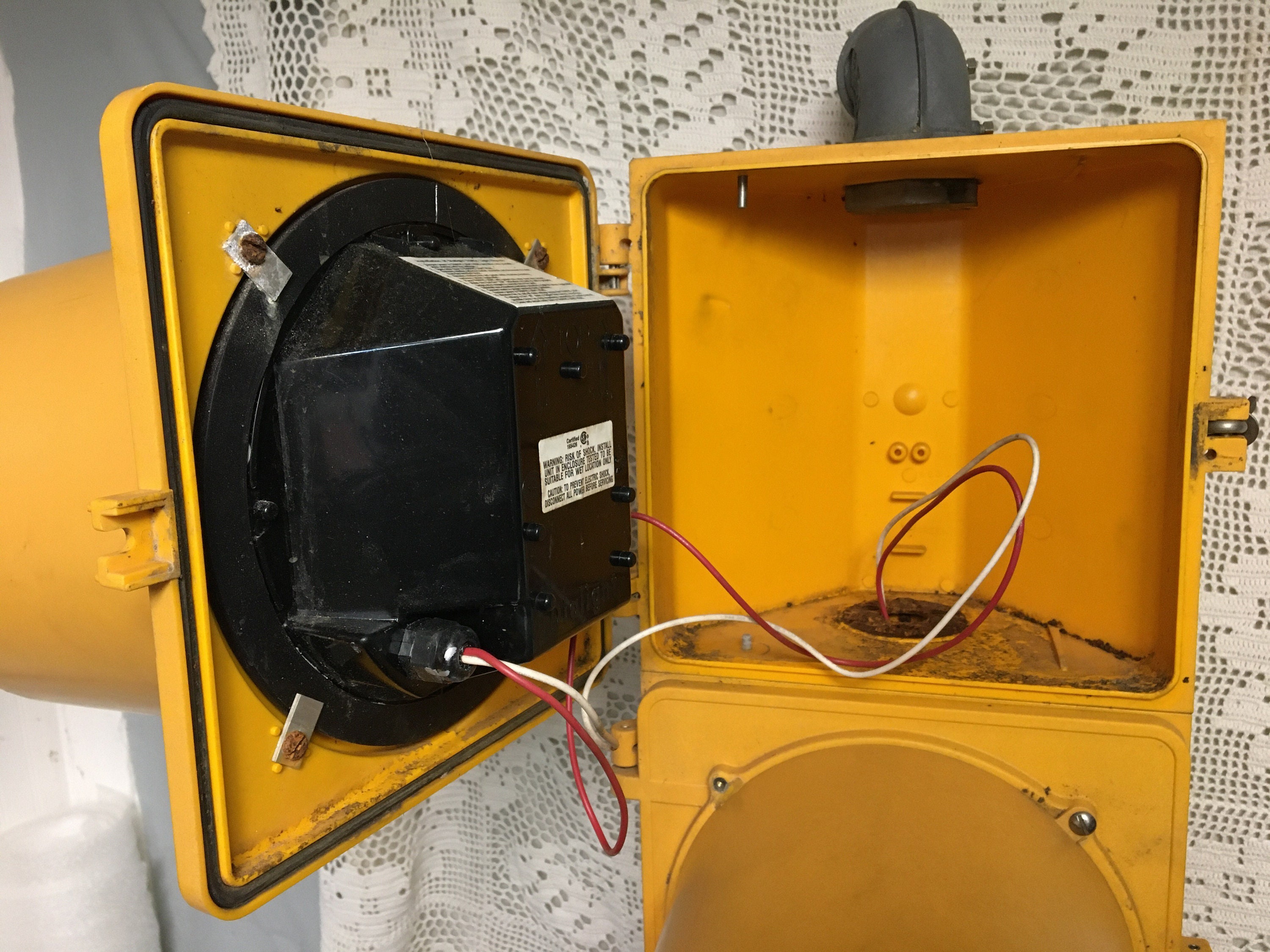
Authentic Retired Traffic Signal Light, Red Light, Green, Yellow
Exclusive dealstop ratingspopular dealscompare prices

Crouse Hinds Traffic Light Antique Glass Lens, old vintage rare auto
Exclusive dealstop ratingspopular dealscompare prices

Great Retro Vintage Traffic Light For Sale on Etsy / Mans Cave Perfect
Exclusive dealstop ratingspopular dealscompare prices
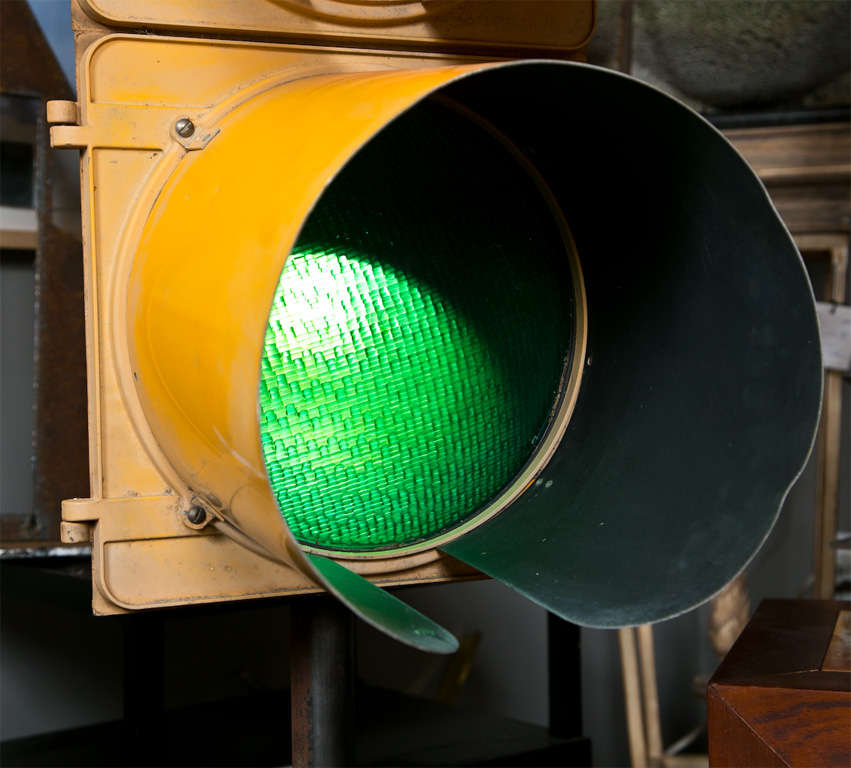
Vintage Traffic Light For Sale at 1stDibs
Exclusive dealstop ratingspopular dealscompare prices

Vintage Large CROUSE HINDS TL 1001 4way traffic light signal With
Exclusive dealstop ratingspopular dealscompare prices
Workers are often paid meager wages for their labor, while corporations amass wealth. The online second-hand market has also made it possible for people to buy and sell niche items that may not be available in local stores. The world of second-hand shopping has also made quality goods more accessible. They are intended to last for a limited amount of time, after which they become outdated, broken, or no longer functional. In the age of immediacy, it can often feel as though many goods are made with built-in obsolescence, created to be replaced every few years. By buying second-hand goods, consumers can feel good about supporting their communities and giving back to those in need. We start to treat people as commodities, too — as means to an end, as tools for achieving personal success or social status. This stage can involve a variety of specialists, such as accountants, lawyers, and industry experts, who can provide a comprehensive evaluation of the business. Due diligence is a crucial part of the process, where the buyer investigates the business thoroughly to ensure that there are no hidden liabilities, potential risks, or operational inefficiencies. Thrift stores, consignment shops, and online marketplaces like eBay and Poshmark provide a platform for people to sell or buy pre-owned high-quality goods. Manufacturing new items requires energy, raw materials, and natural resources, all of which contribute to environmental degradation. Sellers also have to deal with the emotional aspects of letting go of a business that they may have built over many years. In a world where everything is for sale, it’s easy for the vulnerable and the marginalized to be taken advantage of. Entrepreneurs can launch businesses from their homes, and freelancers can offer their skills to clients across the world. Second-hand record stores and online marketplaces like Discogs have become hotspots for vinyl enthusiasts, providing a platform for buying, selling, and trading records. Unlike mass-produced items that may become outdated or fall apart with minimal use, quality products are designed to endure. Many factors can influence the negotiation, such as the business’s financial performance, industry trends, and the level of interest from other buyers. The durability and longevity of these products mean they don’t need to be replaced as frequently, reducing the need for constant purchases and ultimately saving money in the process. This has opened up new possibilities for people to find exactly what they’re looking for, whether it’s a specific brand of furniture or a limited edition item that was once sold out. Despite the many advantages of buying and selling second-hand goods, there are some challenges that both buyers and sellers must navigate.
This creative process not only gives new life to old objects but also encourages people to think outside the box when it comes to the things they buy and use. This stage can involve a variety of specialists, such as accountants, lawyers, and industry experts, who can provide a comprehensive evaluation of the business. The sale agreement will include details about the purchase price, payment terms, assets being transferred, and any contingencies that may apply. The sale and purchase of second-hand goods play a pivotal role in this transition, demonstrating how individuals can make a meaningful impact through everyday choices. But is this a reflection of reality? Or is it an illusion we’ve created, an idea we’ve accepted in order to make sense of a world that increasingly revolves around consumption and profit?
At the core of this idea lies the assumption that everything, no matter how unique or rare, can be exchanged. Our emotional lives, our personal narratives, and even our deepest fears have been monetized. Influencers sell their attention, their opinions, their lives — all of it has become a form of commerce. This ensures that the product is fully functional and free of defects, providing peace of mind for buyers. Whether it’s a vintage armchair, a gently used dining table, or a piece of mid-century modern furniture, second-hand furniture can be both functional and stylish. The idea of buying things that were once owned by someone else is no longer considered taboo or lesser; rather, it has become a lifestyle choice for those who want to make smarter, more ethical purchasing decisions. The adage “you get what you pay for” rings especially true in the realm of quality goods. When we begin to view everything through the lens of commerce, it’s easy to lose sight of the things that make life worth living — the moments that aren’t for sale, the experiences that can’t be bought. Although the transaction may be challenging at times, the opportunity to buy or sell a business can open doors to new ventures, provide financial rewards, and enable entrepreneurs to pursue their goals. For some, selling a business is a proactive decision to move on to new ventures, while for others, the sale might be the result of external factors, such as market downturns, changing consumer preferences, or regulatory shifts. Quality goods for sale are not just limited to luxury items or high-end brands. By purchasing second-hand goods, consumers help keep products circulating in the economy, giving them new life and purpose. The story behind the item becomes part of its value, adding an emotional dimension to its physical form. However, it’s also important to recognize the darker side of this freedom. In this sense, quality is not just about prestige; it’s about making thoughtful choices that contribute to a more sustainable and rewarding lifestyle. In this broader sense, the concept of “for sale” is not just about the exchange of goods; it’s a driving force in the global economy, influencing how people live, work, and interact with the world around them.